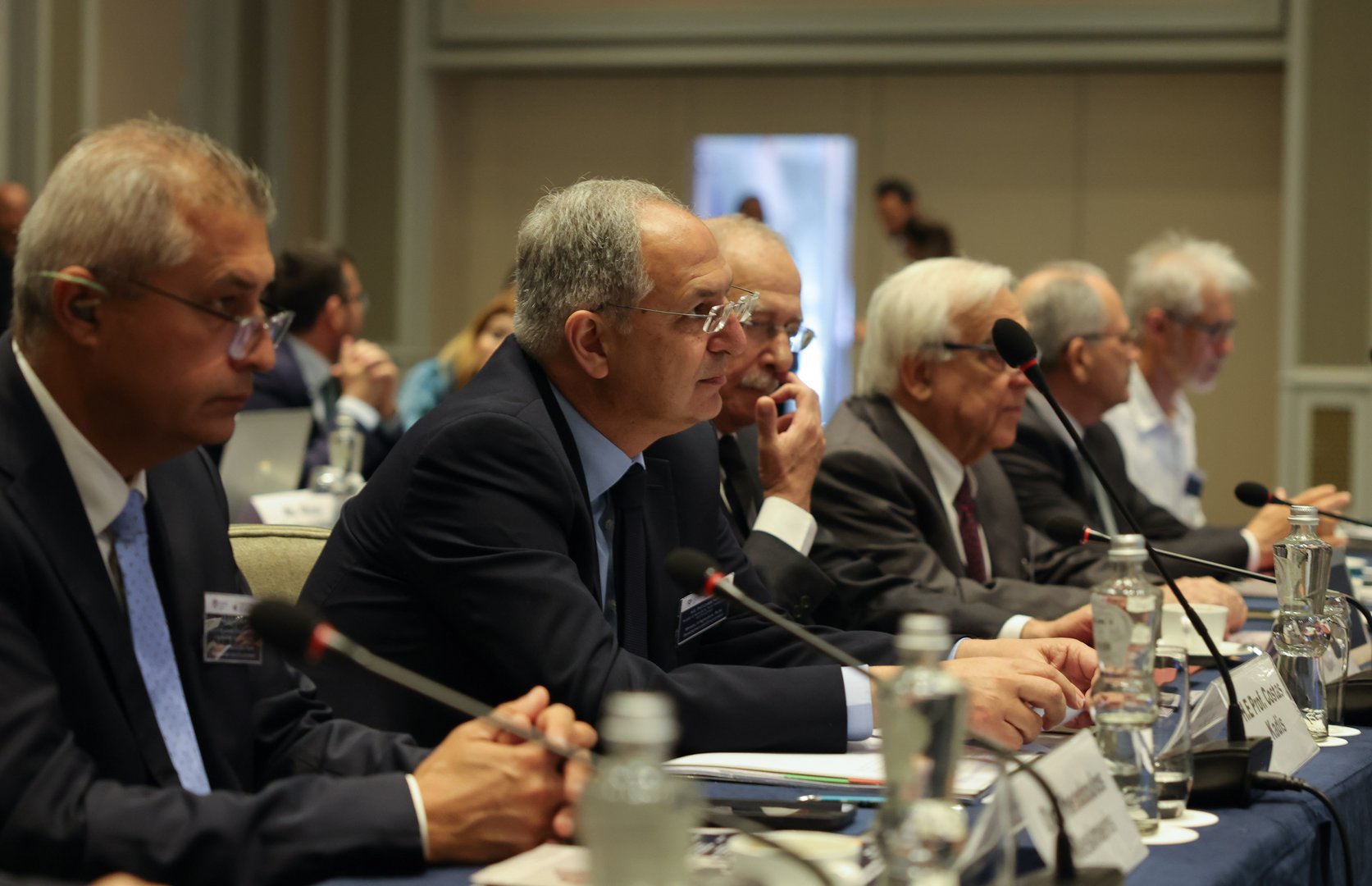Our region will experience climate change more intensely and sooner than other regions, Agriculture Minister Costas Kadis reiterated on Tuesday as the island played host to a high-level international conference on the matter.
Kadis said the meeting was an opportunity to identify areas of greatest concern, set priorities, and finalise plans, expressing his belief that “a strong governance, accompanied by clear monitoring and financing mechanisms will ensure that our initiative will benefit each and every country.”
President Nicos Anastasiades, represented by undersecretary Kyriacos Koushos said that record high temperatures, fires, deforestation, water scarcity and extreme weather patterns were among the drivers of the need for immediate action based on sound scientific advice.
The agriculture minister said the Cyprus initiative on climate change was announced three years ago by Anastasiades with the aim to develop an action plan targeting specific challenges faced by the Eastern Mediterranean and the Middle East (EMME) region.
Since them, he said, research has been carried out by 240 mostly regional scientists working through 13 scientific task forces had provided concrete policy recommendations of certified validity and effectiveness.
During the first ministerial meeting last February, Kadis said, concern had been expressed about the urgency of the situation in the region and a decision had been made to formulate policies and measures towards mitigation.
The ministerial meeting of the Climate Change Initiative for the EMME was being hosted on Tuesday in Limassol. Countries involved include Bahrain, Egypt, Greece, Iran, Iraq, Israel, Jordan, Kuwait, Lebanon, Oman, Palestine, Qatar, Saudi Arabia, Syria, Turkey, the United Arab Emirates and Yemen.
Anastasiades said the regional action plan encompasses various sectors including environment, agriculture, tourism, health, cultural heritage and water. It aims to promote actions to reduce greenhouse and carbon gas emissions; establish mechanisms for more resilient and competitive economies by switching to renewable and cleaner energy; improve access to climate change financing and mechanisms; provide incentives to business and industry to shift to sustainable technologies; and create new green employment opportunities
In Cyprus, Anastasiades said the country supports the EU transition to carbon neutrality and has already designed national policies towards its obligations.
“More than €500 million, that is 41 per cent of the budget of our National Resilience and Recovery Plan for the years 2021 to 2026, which aims at strengthening the country’s environmentally sustainable long-term growth, is devoted to investments and reforms that contribute to climate neutrality and towards green transition,” he said.
Limassol Mayor Nicos Nicolaides said his municipality is one of the 100 European cities selected by the European Commission to participate in a programme and receive the Commission’s support in achieving the goal of Climate-Neutral and Smart Cities by 2030.
“This is 20 years ahead of the European target for the rest of the cities. These 100 cities will in effect act as experimentation and innovation hubs in order to enable all European cities to follow by the year 2050,” the mayor added.







Click here to change your cookie preferences